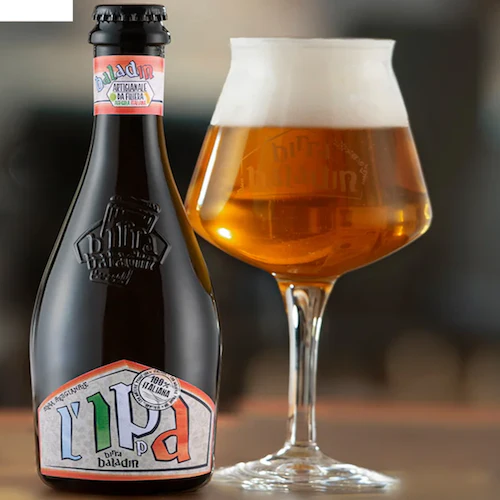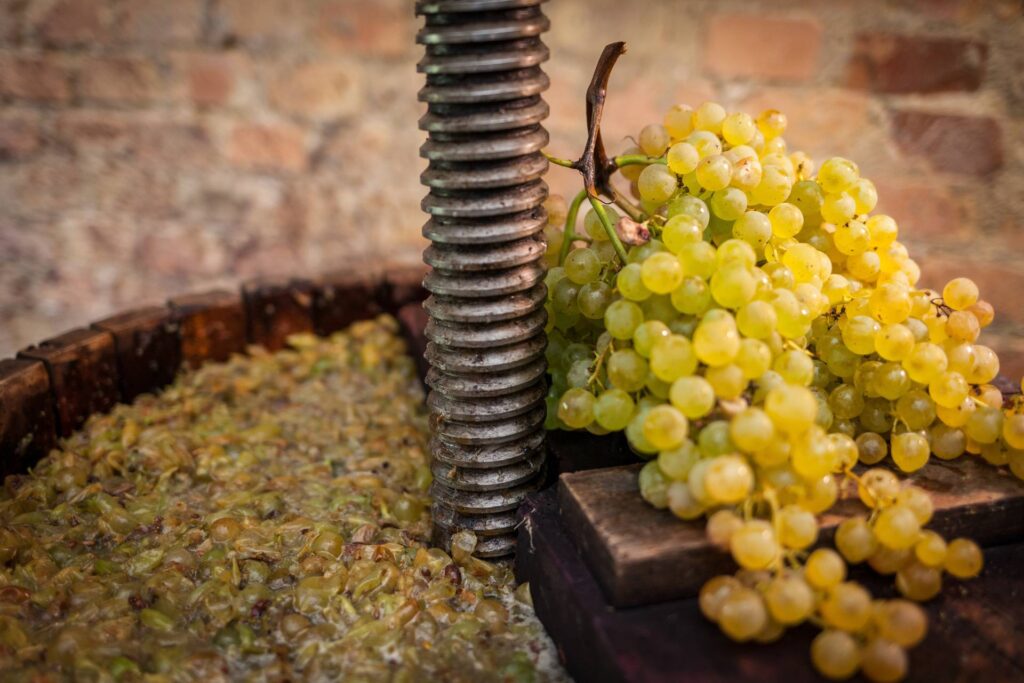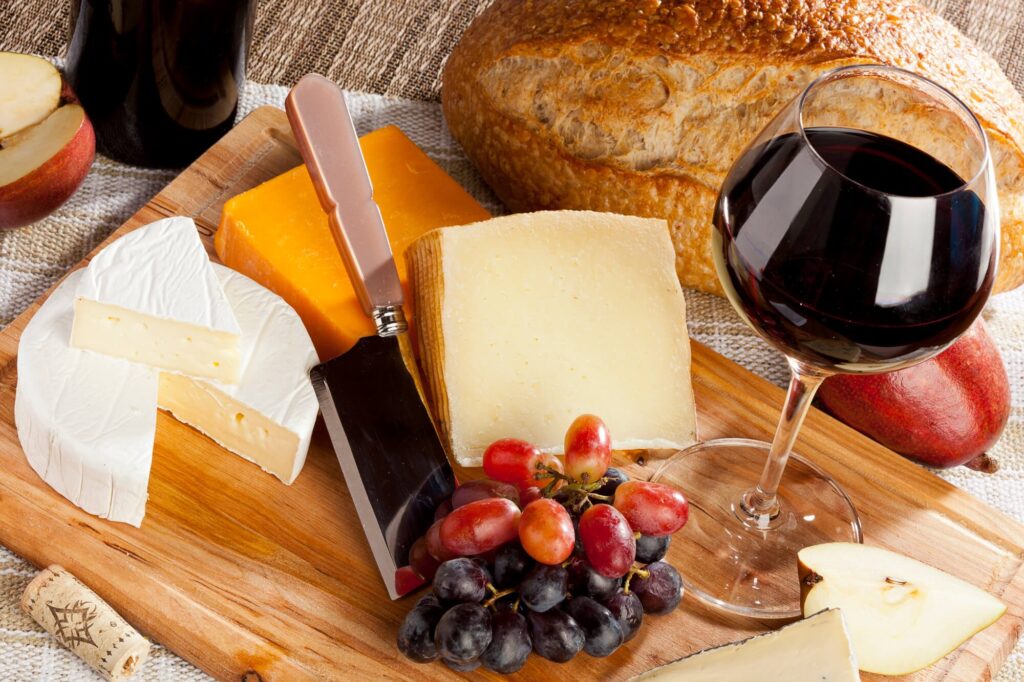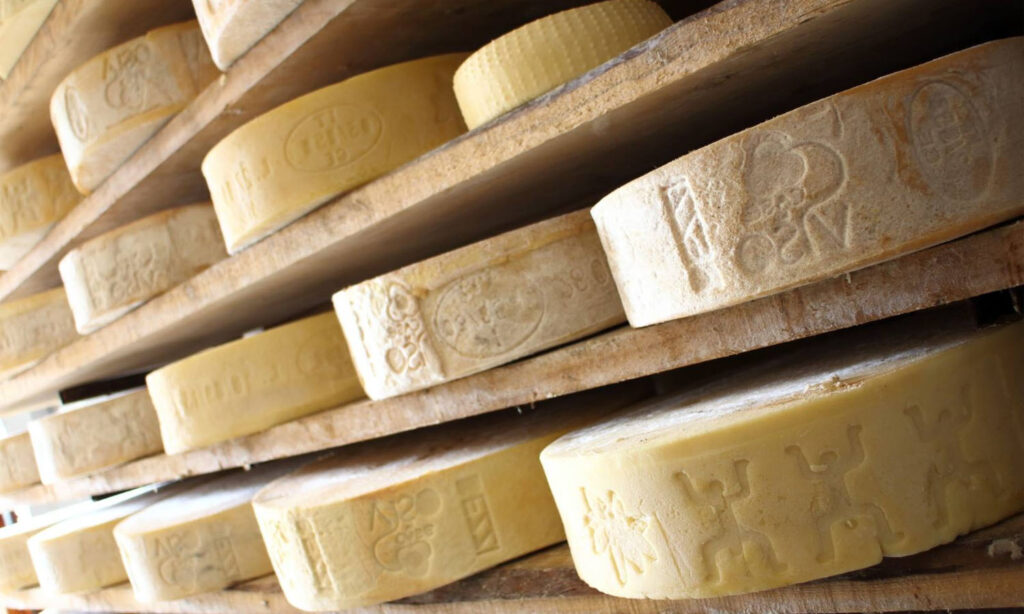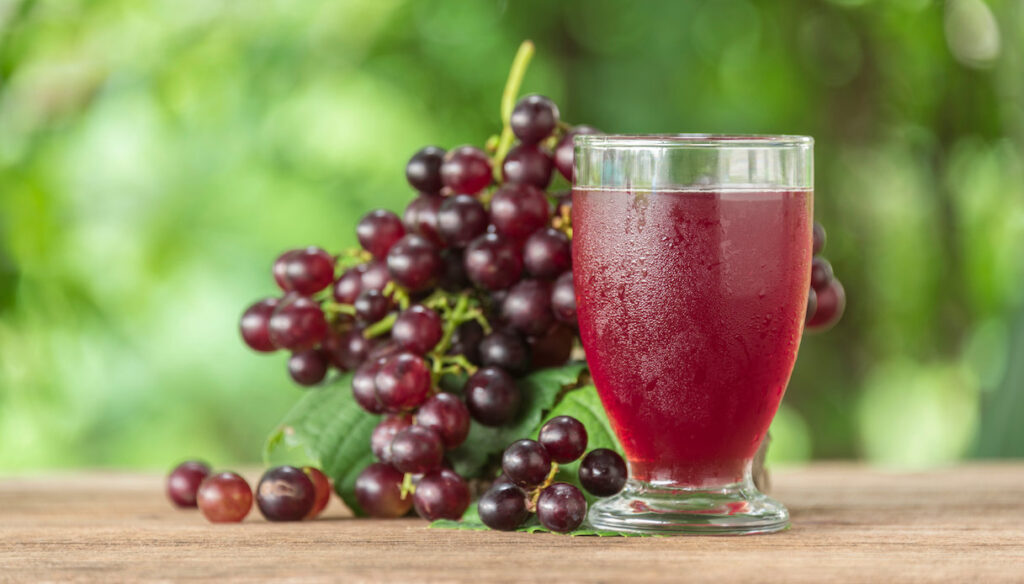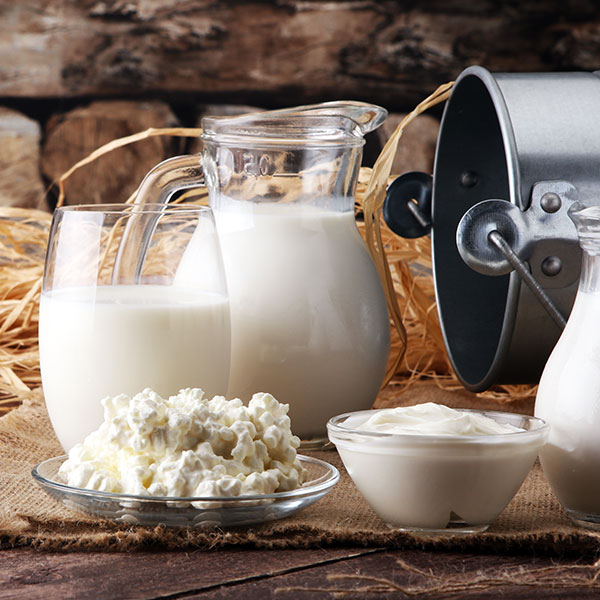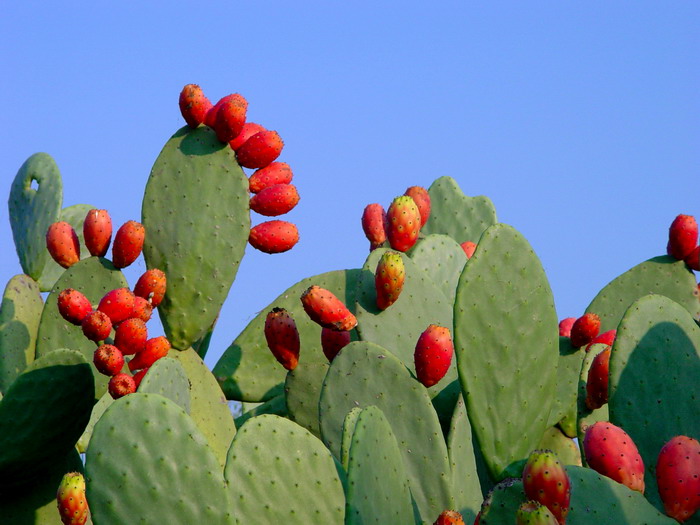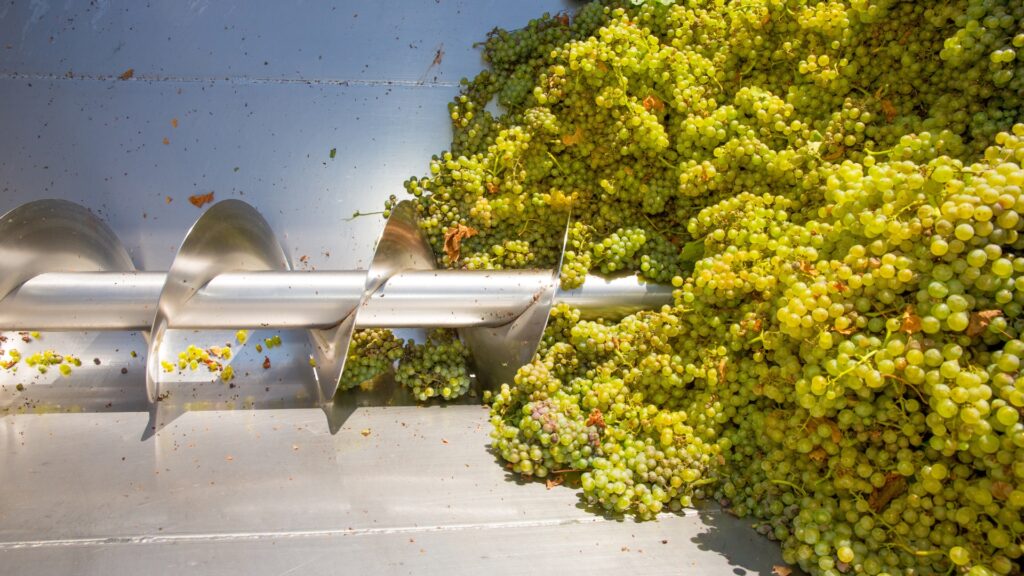Controlled Fermentation for Wine: Innovation, Quality and Sustainability
In the world of wine production, the quality of the final product is the result of a series of meticulously controlled processes. Among these, fermentation plays a crucial role. But what happens when this process is raised to new standards of precision and control? Enter controlled fermentation, a practice that is revolutionising the wine industry The Origins of Controlled Fermentation The fermentation of wine is an ancient art, dating back thousands of years. Traditionally, fermentation took place naturally, with yeasts in the environment converting grape sugars into alcohol. However, this methodology involved unpredictable variables that could compromise the quality of the wine. As science and technology advanced, winemakers began to better understand the mechanisms of fermentation. This gave rise to controlled fermentation, a practice that uses advanced equipment and technology to monitor and regulate the parameters of the fermentation process, ensuring consistent, high quality results. How Controlled Fermentation Works Controlled fermentation involves the use of advanced instruments to monitor various key factors such as temperature, pH, and the presence of oxygen. These parameters are constantly observed and adjusted to create the optimal environment for the yeast, promoting uniform and predictable fermentation. Equipment and Technology Our company is a leading supplier of controlled fermentation machinery designed specifically for the wine industry. Here are some of the equipment we offer: Temperature Controlled Fermenters: They allow the ideal temperature to be maintained throughout the fermentation process, which is essential for superior quality wines. pH Monitoring Systems: Provide real-time data on the pH of the must, allowing immediate adjustments to prevent unwanted fermentation. Oxygen Control Fermentation Tanks: Manage oxygen supply, which is essential for yeast health and oxidation prevention. These instruments not only improve the quality of the wine, but also its consistency, reducing the risk of defective batches and improving the overall efficiency of the production process. Advantages of Controlled Fermentation Superior Quality: Precise control of fermentation parameters ensures a high quality end product with optimal organoleptic characteristics. Product Consistency: Eliminates the unpredictable variability of natural fermentation, ensuring consistent results between batches. Efficiency and Waste Reduction: Minimises the risk of failed fermentations, reducing waste and improving production efficiency. Sustainability: More efficient and controlled processes lead to a more rational use of resources, contributing to environmental sustainability. Innovation and Sustainability Our technological solutions not only improve wine quality, but also promote sustainable practices. For example, our heat recovery systems reduce energy consumption, while the use of environmentally friendly materials minimises environmental impact. In addition, controlled fermentation better preserves the beneficial substances in wine, such as polyphenols and antioxidants, improving the health properties of the final product. This not only benefits producers, but also meets the growing consumer demand for high quality and environmentally friendly products. Controlled fermentation represents a breakthrough in the wine industry, offering producers a powerful tool to raise the quality of their products and improve production efficiency. With our state-of-the-art solutions, producers can experience the benefits of an optimised, sustainable and innovative fermentation process. Visit our website to find out more about our equipment and how we can help your business reach new levels of winemaking excellence. The quality of your wine is our commitment. DON’T FORGET TO FOLLOW US ON OUR SOCIAL NETWORKS! Every week we offer posts and articles on the food industry to keep you up-to-date and in step with the changing market! BACK TO ARTICLES SECTION
Controlled Fermentation for Wine: Innovation, Quality and Sustainability Read More »


